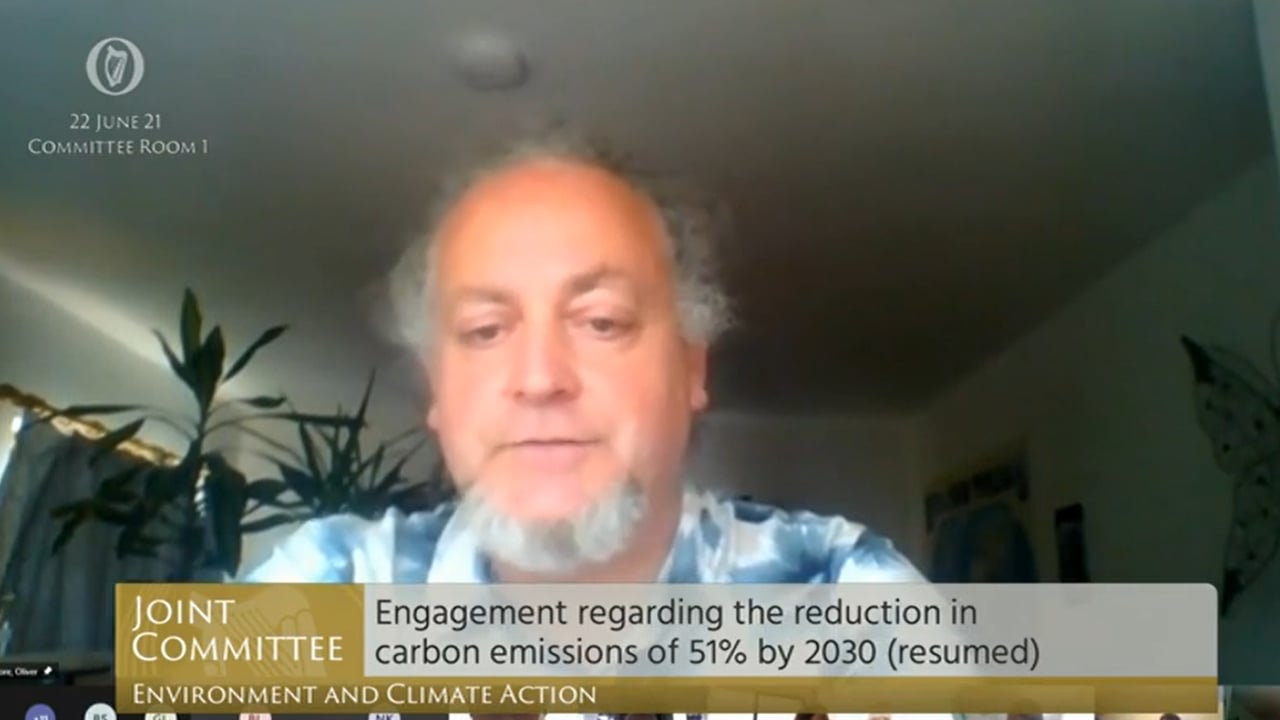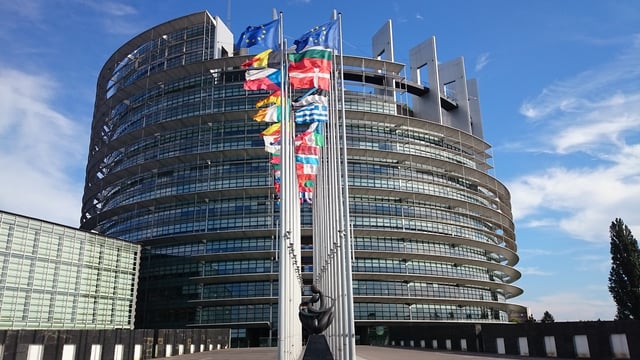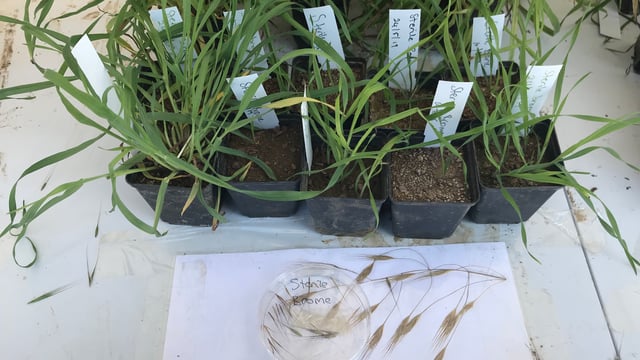DAFM directs just €15m of €1.8bn budget to organic farming
"Real, comprehensive support for the organic-farming sector; ambitious, impactful eco-schemes; and a new attitude to scrub and tree integration into farmlands" are three very clear ways in which Ireland can deal with the climate and biodiversity challenges that it faces.
This was the advice of Dr. Oliver Moore, from the Centre for Co-operative Studies in University College Cork; and ARC2020, a European think tank on agri-food policy matters.
Dr. Moore was addressing the Joint Oireachtas Committee on Environment and Climate Action this week, where he highlighted a number of areas within Ireland's organic-farming sector that require additional supports.
In his address, he said that organics was a "brilliant all-rounder in the delivery of public goods".
He explained:
And added:
But the reality is that the supports are wholly insufficient and Dr. Moore described Ireland's organic action plan as "unambitious" and "likely to fail to significantly grow the sector".
He also revealed that the Department of Agriculture, Food and the Marine (DAFM) dedicates just €15m of a €1.8bn budget directly to organic farming.
"Bord Bia dedicates about 2% of its budget to organic food promotion. In a context of a 5% (2020) or 7.5% (2030) target for organic utlisible land area (UAA), this is clearly far too low," he said.
Although supports for organic farming are emerging from Europe - through the EU Organics Action Plan - a comprehensive new organic action plan is required in Ireland, he said.
Dr. Moore's key recommendations for such a plan are as follows:





